With so much coffee being consumed around the world these days, there is an almost limitless supply available for all types of gardening purposes, and here are the top 5.
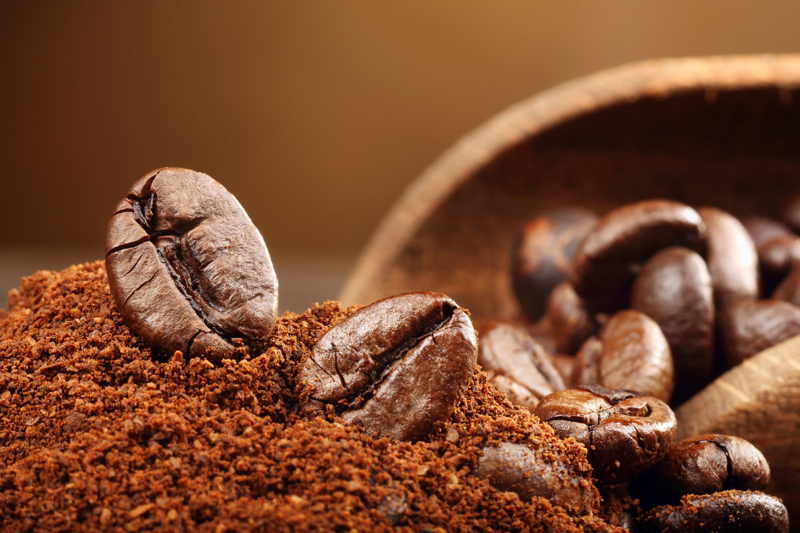
1. Coffee Grounds as a Fertilizer
Why would you pay for fertilizer when you can get it for free? Coffee grounds provide essential nutrients to the soil, which go on to make healthy and productive plants. The grounds are heavy in nitrogen and need to be broken down in the soil before the plants can use it. Getting all those bacteria and other microorganisms to do this work is one of the reasons why coffee grounds make the soil so healthy. As for the actual breakdown of coffee grounds, based on a NPK analysis for coffee grounds from the North Carolina State University, the ratio is 2.1:0.3:0.3. Those figures can vary slightly, but it reinforces that ground coffee is nitrogen-heavy.
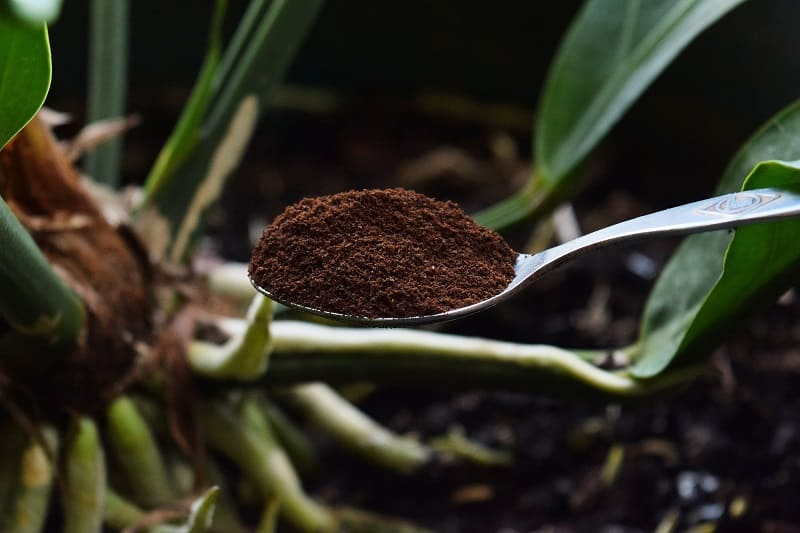
As a fertilizer, coffee grounds will do most of the work for you, but keep in mind to occasionally balance this out with phosphorus (blood and bone, poultry-based manure), and potassium (animal manure).
2. Coffee Grounds for Compost
When you add coffee grounds to your compost pile, it goes on to improve the whole stack. The compost will smell better, get hotter, and become more effective at retaining moisture. Coffee grounds are considered a ‘green’ material for the compost because of the nitrogen, and this needs to be balanced off with ‘brown’ materials such as dry leaves and shredded paper.
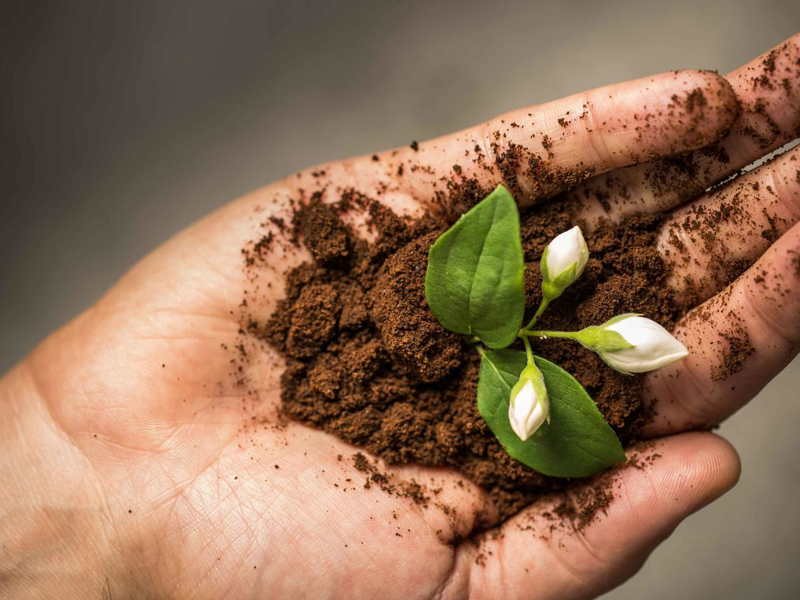
You can use coffee grounds in up to a quarter of the total weight of the compost pile, which is great because in almost all cases the grounds will be cost-free. The only hard part might be asking the cafe owner for the grounds and getting them back home.
3. Coffee Grounds as a Pest Repellent
The thing with coffee grounds as a repellent is that it works most of the time, but not all of the time. The grounds encourage snails, slugs, ants, and cats to keep away, but if they really want to stay there, they will. A chemical repellent might be more effective at killing slugs than coffee grounds, but it will kill other things in the process and stay around for a lot longer than a natural method, and that is not a good thing for long term soil and plant health.
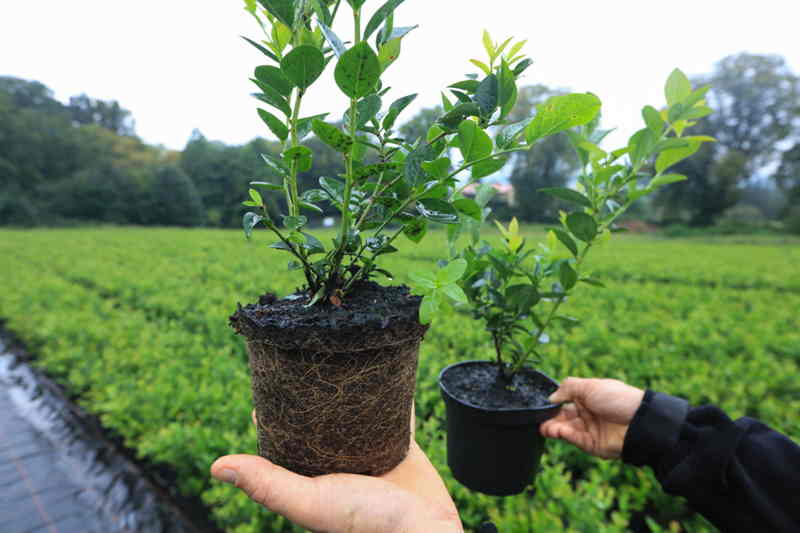
In most cases, coffee grounds will help with that list of nasty garden pests, but don’t expect a fix-all cure. And if you are having a really bad time with snails or slugs, freshly ground coffee (before it goes through the espresso machine), will kill them on contact.
4. Earthworms Love Coffee Grounds
Do you have a worm farm or thinking about getting one? If so then collecting coffee grounds is going to come in handy with these little guys. Coffee grounds will attract earthworms to your vegetable garden, and when enclosed in a worm farm can be used as a major component in their diet.
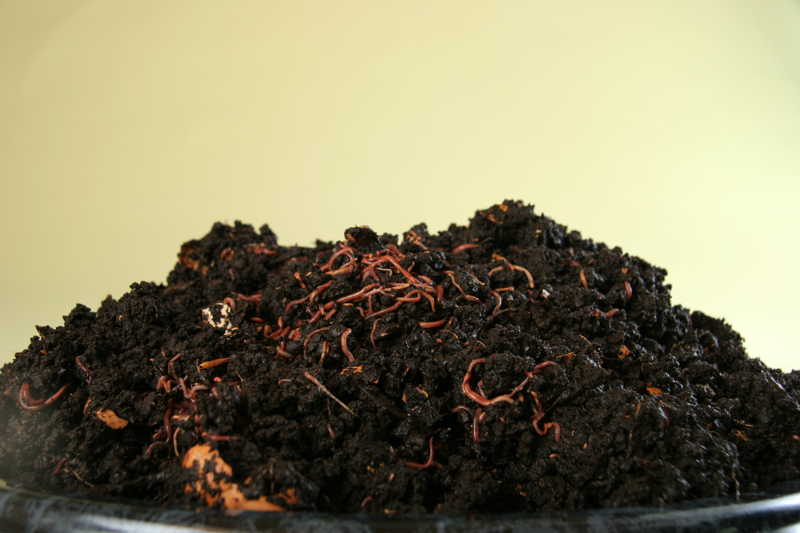
In addition to the coffee grounds, add in some kitchen scraps and shredded paper, and you will have healthy and productive worms, which will reward you in turn with their precious castings.
One thing to keep in mind with coffee grounds for worms is that they prefer them better as they get older. You will know they are ready when the grounds start to smell like they are fermenting, and may even go mouldy.
5. A cost-free soil amendment
Getting back to the point that in almost all cases, coffee grounds can be sourced cost-free from your local cafe or office. If you consider that an average cafe will produce from 30 to 50 kilos of used coffee grounds every week, that adds up to a huge pile of material.
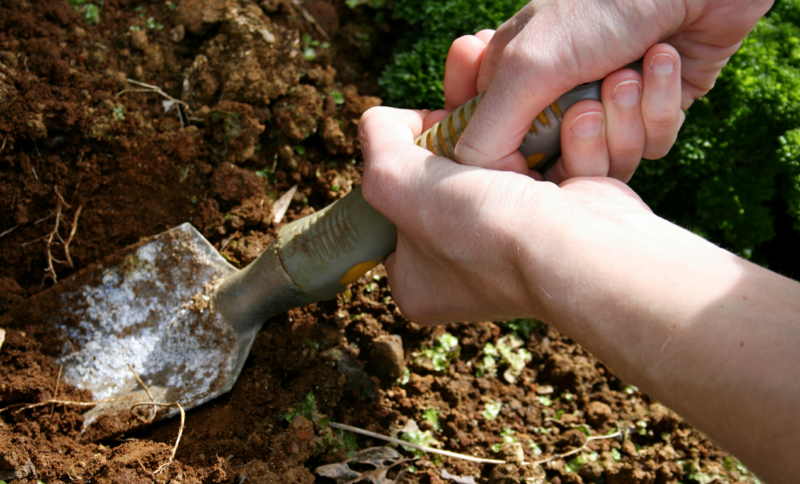
If you are looking to add a garden bed, build up an existing one, or just repair a section of the garden, coffee grounds can used in all these cases. All that needs to be done is for the coffee grounds to be mixed in with soil, at a ratio of 50/50, and it is then ready to be added to the garden. A good soaking in is required after this, and then leave the whole thing to settle in for a few days before adding plants or seed to the new soil.
Another benefit of using coffee grounds to help build up the soil is that you are saving the grounds from ending up in landfills, and that is a good thing for all of us.

